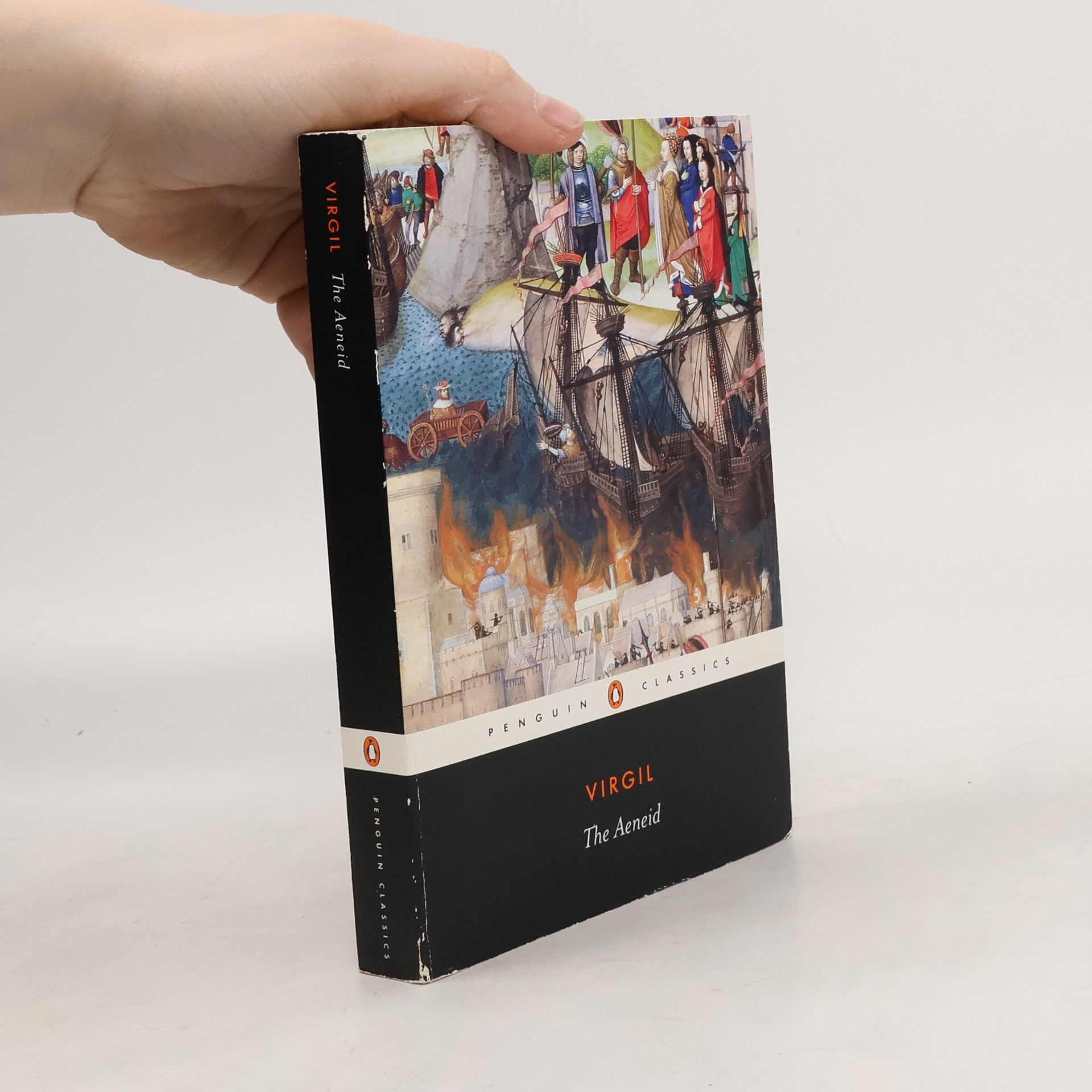Inspired by Homer and inspiration for Dante and Milton, the Aeneid is an immortal poem at the heart of Western life and culture. Virgil took Aeneas as his hero and in telling a story of dispossession and defeat, love and war, he portrayed human life in all its nobility and suffering. schovat popis
Virgil Schmid Libros
Virgilio se erige como uno de los poetas más importantes de Roma, cuyas obras han moldeado profundamente la literatura occidental. Su epopeya nacional, la Eneida, inspirada en Homero, narra la travesía del refugiado troyano Eneas mientras se esfuerza por cumplir su destino y llegar a las costas de Italia, acto fundacional de Roma en la mitología romana. A través de sus magistrales Églogas y Geórgicas, Virgilio explora temas perdurables como el destino, la patria y la condición humana con un arte lingüístico y una imaginería evocadora inigualables. La influencia de su verso y sus técnicas narrativas resuena a través de los siglos, destacando su papel como guía en la Divina Comedia de Dante.


Spielend verkaufen
Wie Sie Ihre Kunden mit originellen Ideen begeistern
Supermärkte lösen mit Gratisfigürchen Sammelfieber aus, Restaurants engagieren »Weinengel«, Versicherungsunternehmen plakatieren witzige Sprachspiele. Ein Kaufhaus funktioniert sein Schaufenster zum Mini-Zoo um und wird zum Kundenmagnet. Ein Käsehersteller lädt seine Kunden zum Guinness-Rekordversuch ein. Sind denn alle verrückt geworden? – Nein, nur spielerischer! Immer mehr Unternehmen ziehen Konsequenzen aus der Erkenntnis, dass Verkaufen mehr ist als der Austausch von Waren gegen Geld. Kunden haben heute in fast allen Bereichen die Qual der Wahl. Im Zweifelsfall gehen Sie dahin, wo man ihnen das beste Gefühl vermittelt – und dabei sind Spiele unschlagbar! Spielend verkaufen entzündet ein Feuerwerk von Spielmöglichkeiten im Verkauf – bei Warenpräsentation, Service, Werbung, Website und Markenbildung. Verkaufsprofi Virgil Schmid zeigt, wie Verkäufer eingefahrene Gleise verlassen, Kunden durch ungewöhnliche Ideen begeistern und dadurch einfach mehr verkaufen!